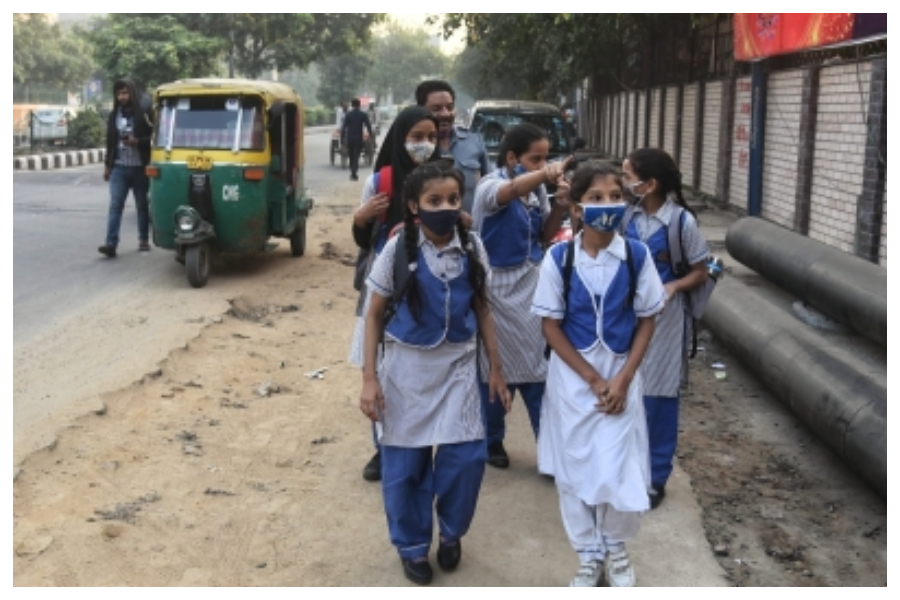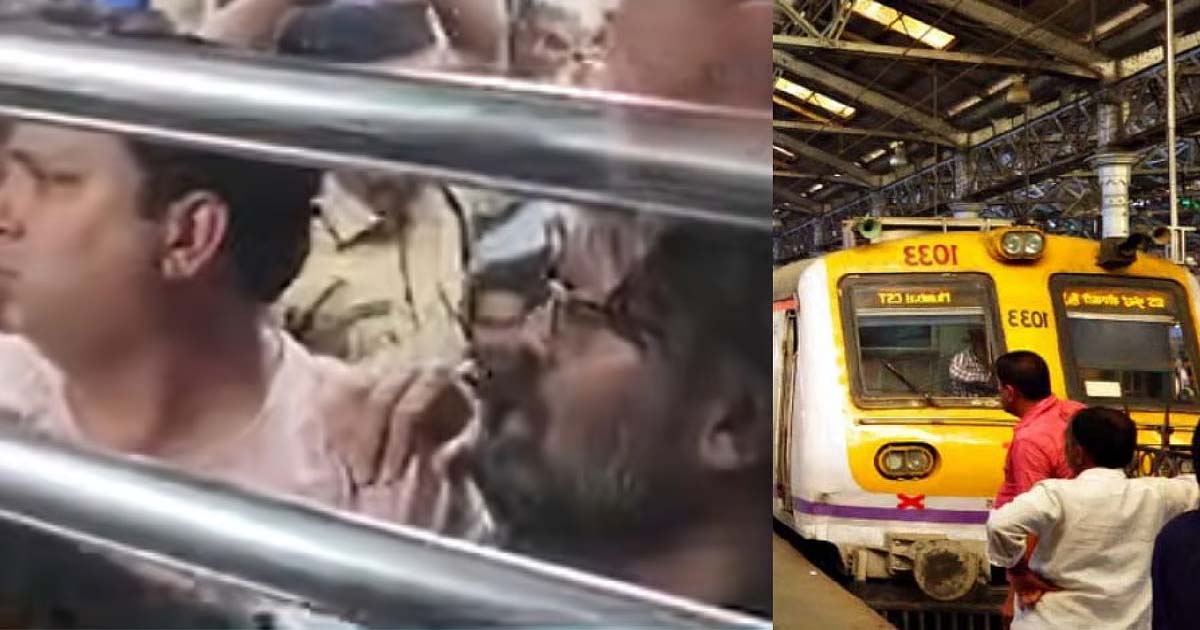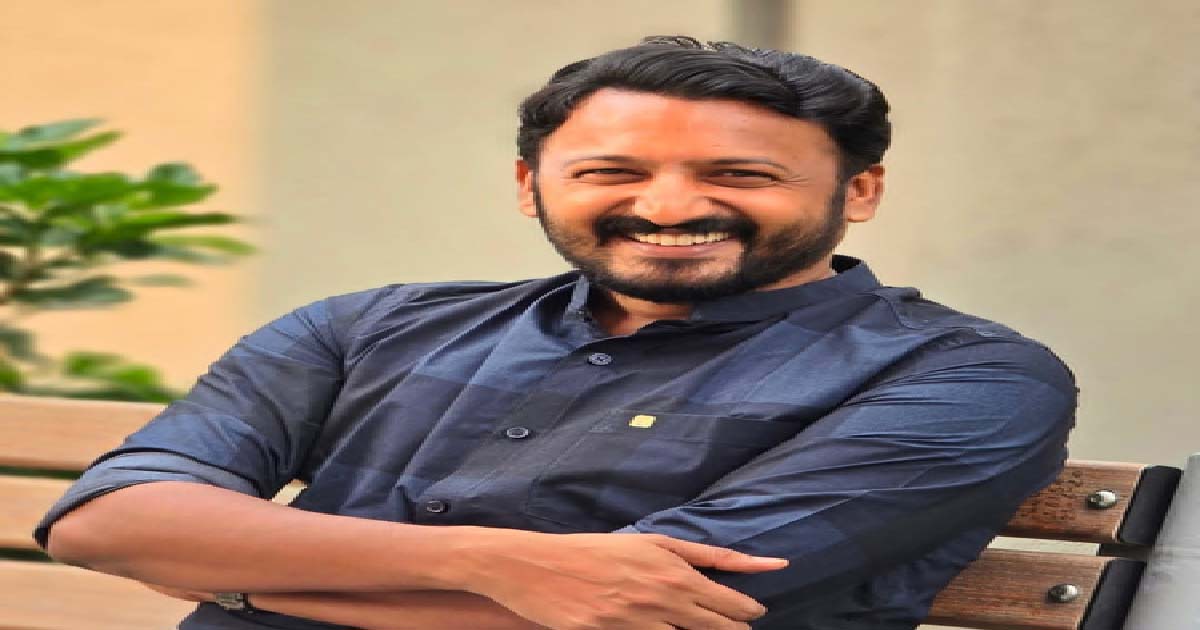Crime
SC slams Delhi govt for opening schools amid severe air pollution

The Supreme Court on Thursday slammed the Delhi government for opening the schools in the backdrop of severe air pollution in the national capital. The top court said the Delhi government made work-for-home for adults, but children have to attend schools.
The Chief Justice said the ‘court will appoint an authority to oversee the government’s air pollution controlling measures’, citing severe air pollution levels in the national capital.
A bench headed by Chief Justice N.V. Ramana asked senior advocate Abhishek Manu Singhvi, appearing for the Delhi government, that ‘when people are working from home then why children are being forced to go to school’.
The bench, also comprising Justices D.Y. Chandrachud and Surya Kant, “You have implemented work from home for adults. So, parents work from home and children have to go to school. What’s this?”
The Chief Justice said the Delhi government made several claims that they are willing to even impose lockdown and other measures to curb pollution, but all schools are open and three-year-old and four-year-old children are going to school when the air quality index is so poor.
Justice Kant pointed out that poor young boys are standing in the middle of the road, with banners, who’s taking care of their health?
Justice Kant told Singhvi “Again we’ve to say, other than the popularity slogan what else is it?”
The Chief Justice said: “We are concerned with the implementation of our orders…we do not want affidavits.”
Singhvi pointed at dust emanating from the ongoing construction activity at the Central Vista project. The bench emphasised that it wants action to control dust pollution.
Justice Kant said “For publicity? A young boy standing in the middle of the road with a banner in hand.” Singhvi said ‘they are civil volunteers’. Justice Kant replied that ‘somebody has to take care of their health’.
The Chief Justice noted, “You’ve created a task force you’re saying. How many task forces from the Delhi government, then Centre is creating their task force…” The hearing in the matter is in progress.
A special bench of the Supreme Court is hearing a plea by a 17-year-old Delhi student in connection with severe air pollution in the capital.
Crime
Ulhasnagar Woman Harassed in Divyang Coach Of Mumbai Local Train; 2 Arrested

Kalyan: In a shocking incident, a 26-year-old woman from Ulhasnagar was allegedly harassed in the Divyang coach of a Mumbai local train on December 2. The incident occurred on Tuesday, December 2, at around 8.15 pm.
In the video shared by, while returning from work in Thane, she boarded the Central Railways Thane-Kalyan train. After the train crossed Dombivali, the woman argued with the accused, identified as Anup Surendra Singh, and Abhilasha Arjun Nayar regarding the Divyang pass. The woman alleged that after she had a heated argument, the two accused caught her hand and even eve-teased her.
When they got down at Ulhasnagar station, all three, along with another eyewitness, had a huge argument at the station. Railway Police soon reached the platform, where several women intervened and confronted the officers about the incident. The police then later moved the accused to the Kalyan Railway Police Station, and based on the woman’s complaint, a case was registered under Section 74 of the Bharatiya Nyaya Sanhita (BNS). Both the accused have been arrested.
Meanwhile, last month, a 25-year-old transgender person was arrested by the Vashi Government Railway Police (GRP) for allegedly molesting a 28-year-old woman aboard a Panvel to CSMT local train on 2 November. The incident occurred around 12.10 pm when the train was nearing Nerul station. The accused, when he boarded the general compartment of the harbour line train, was seeking alms from passengers. When the train crossed Seawoods station, an argument broke out between the accused and a male passenger who refused to give money.
The man, accompanied by a female friend, asked the accused to move ahead, leading to a heated verbal exchange. During the confrontation, the accused allegedly abused the man and touched the woman on her shoulder, which made her uncomfortable. A complaint was filed and the accused was taken into custody by the Vashi GRP.
Crime
Massive Drug Bust In Nalasopara: Nigerian National Caught With 255 Grams Of Mephedrone Worth ₹51 Lakh

Nalasopara: The biggest news right now is the recovery of a large quantity of drugs in Nalasopara, which has created a stir in the area.
The incident falls under the jurisdiction of the Tulinj Police Station, in the Prgati Nagar area of Nalasopara East. According to information received, the Crime Branch Unit 2 team got a tip-off that an unknown person was coming to the area to smuggle a large quantity of drugs.
Following this intelligence, the Crime Branch Unit 2 team laid a trap and apprehended the Nigerian individual on the road. During the search, approximately 255 grams of MD (Mephedrone) drugs were seized from him, with a total value estimated at around ₹51 lakh 10 thousand.
The recovery of such a large amount of drugs in broad daylight, just 25 meters away from the Pragati Nagar Beat police chowki (under Tulinj Police Station), has created a sensation and panic in the locality.
Currently, the Crime Branch Unit 3 team has arrested the Nigerian national from the Pragati Nagar area in connection with drug trafficking, carrying out a major operation.
Crime
Sexual assault case: Court reserves order on Cong MLA Mamkootathil’s anticipatory bail plea

Thiruvananthapuram, Dec 3: A court on Wednesday reserved order on the anticipatory bail plea of Congress MLA Rahul Mamkootathil, accused of raping and coercing a woman into an unsafe abortion.
After a 90-minute closed-door hearing, the Court said that since a maze of documents has to be perused, the orders will come accordingly.
Before the start of the hearing, the court cleared the room, reflecting the sensitivity of the case that triggered a major political storm in the state.
Mamkootathil’s counsel argued that the complaint was “motivated and aimed at destroying his political career”, alleging a conspiracy involving the CPI(M) and BJP.
He maintained that the relationship had been consensual and claimed the pregnancy was not related to him.
The defence further argued that the woman herself opted for an abortion. It was also pointed out that this case is being used to divert public attention from the Sabarimala gold smuggling controversy.
The court, after listening to both sides, reserved its order and directed the prosecution to file one more supporting document.
Meanwhile, the Special Investigation Team has submitted a detailed report to the court, reportedly containing grave findings.
According to the report, the woman was raped multiple times and was threatened into undergoing an abortion.
Investigators say they have evidence to support allegations of sexual assault and coercion.
The prosecution argued strongly against granting bail, highlighting Mamkootathil’s influence as a public representative.
If released, they warned, he could intimidate the complainant or destroy crucial evidence.
For Mamkootathil, the case has become politically existential.
A court order against him could result in expulsion from his party, for which a majority in the party have gone on record tasking the party’s top brass to ensure that he is expelled.
In August, when this case first surfaced, the party stripped him of the post of Youth Congress president and suspended him from the party.
Even as the case tightens around him, the police have yet to trace the legislator, who, they say, is absconding in Bengaluru, seven days after the complaint was filed.
In her confidential deposition before the Neyyattinkara JFCM court, the woman detailed multiple instances of rape, twice in a Thiruvananthapuram flat and later in Palakkad.
She alleged that Rahul recorded videos of the assaults, used them to threaten her, and repeatedly intimidated her over the phone.
According to the prosecution, Mamkootathil’s friend Joby Joseph delivered the abortion pill and has been named a co-accused.
-

 Crime3 years ago
Crime3 years agoClass 10 student jumps to death in Jaipur
-

 Maharashtra1 year ago
Maharashtra1 year agoMumbai Local Train Update: Central Railway’s New Timetable Comes Into Effect; Check Full List Of Revised Timings & Stations
-

 Maharashtra1 year ago
Maharashtra1 year agoMumbai To Go Toll-Free Tonight! Maharashtra Govt Announces Complete Toll Waiver For Light Motor Vehicles At All 5 Entry Points Of City
-

 Maharashtra1 year ago
Maharashtra1 year agoFalse photo of Imtiaz Jaleel’s rally, exposing the fooling conspiracy
-

 National News1 year ago
National News1 year agoMinistry of Railways rolls out Special Drive 4.0 with focus on digitisation, cleanliness, inclusiveness and grievance redressal
-

 Maharashtra1 year ago
Maharashtra1 year agoMaharashtra Elections 2024: Mumbai Metro & BEST Services Extended Till Midnight On Voting Day
-

 National News1 year ago
National News1 year agoJ&K: 4 Jawans Killed, 28 Injured After Bus Carrying BSF Personnel For Poll Duty Falls Into Gorge In Budgam; Terrifying Visuals Surface
-

 Crime1 year ago
Crime1 year agoBaba Siddique Murder: Mumbai Police Unable To Get Lawrence Bishnoi Custody Due To Home Ministry Order, Says Report












